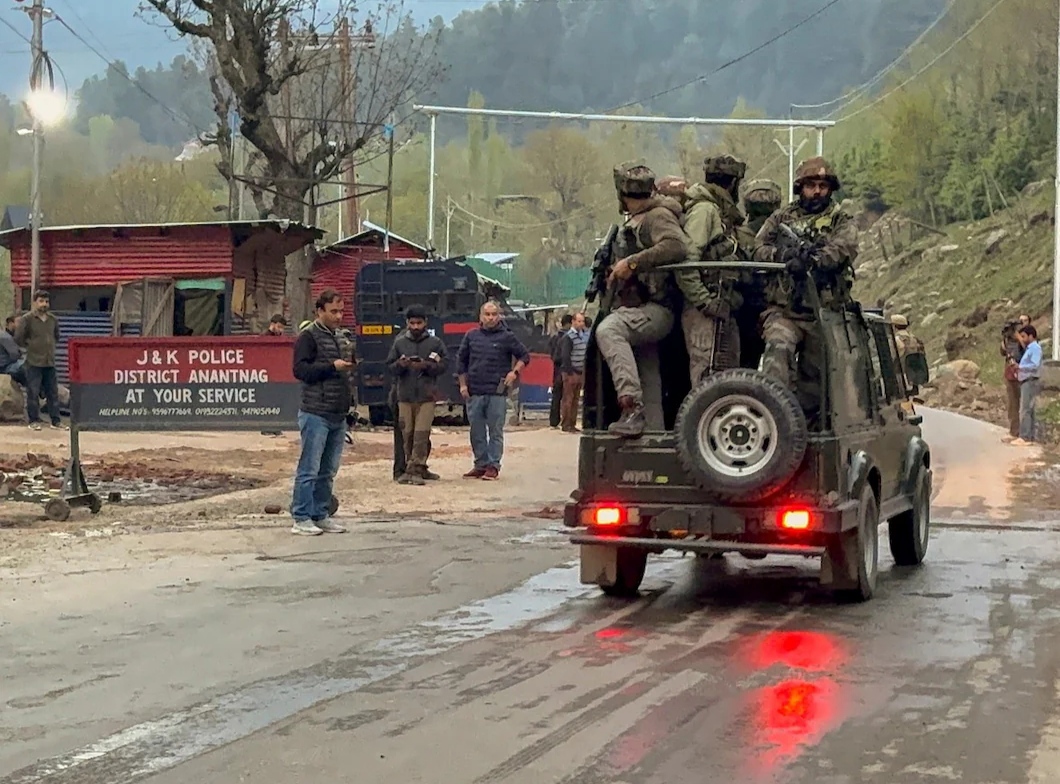Vijay Mallya: The rise, fall and controversies of a business tycoon
Vijay Mallya, a name that is still on everyone’s lips, there was a time when this name was known only for success, glamour and extravagance. Famous as the “King of Good Times”, Mallya started the journey of his business empire but his journey ended with a dramatic downfall. Today, Vijay Mallya is known for his business failures, legal issues and his extravagant lifestyle. This article will explore the life of Vijay Mallya, understand his success, downfall and the questions raised above him.
Beginning and Family Background Vijay Mallya was born on 18 December, 1955 in Kolkata, India. His father, Vittal Mallya was the chairman of United Breweries Group, which is today known for Kingfisher beer. After his father’s death, Vijay took over his family business at the age of just 28 and faced many challenges. But he expanded his business empire with his hard work and vision. Vijay Mallya’s Rise
1. United Breweries Group and Kingfisher The story of Mallya’s rise is linked to United Breweries and its flagship brand, Kingfisher beer. He made Kingfisher a lifestyle brand with the slogan “King of Good Times”. The brand was not just limited to beer but became a symbol of glamour and luxury. Mallya made Kingfisher a global brand through marketing and branding.
Mallya’s biggest business venture was Kingfisher Airlines, launched in 2005. It was a premium airline that aimed to disrupt India’s aviation market. Mallya’s vision was to make his airline a symbol of luxury and elite travel, but Kingfisher Airlines had to be closed in some years.
2. International Ventures and Acquisitions Mallya did not limit his business empire to India. He acquired Whyte & Mackay, a Scottish whisky brand and diversified his portfolio. This acquisition was part of his global expansion. Mallya also invested in real estate, hospitality and sports industry, of which his ownership of IPL team Royal Challengers Bangalore was most talked about.
3. Kingfisher Calendar Another iconic creation of Vijay Mallya was the Kingfisher Calendar. Launched in 2003, the calendar became very popular in India and abroad. Each year the calendar was released with models and exotic locations that reinforced Mallya’s brand image. The Kingfisher Calendar was considered a symbol of luxury and beauty and became an important part of Mallya’s branding strategy.
Vijay Mallya’s fall Vijay Mallya’s flight started as fast as his fall. Mallya’s downfall happened because of his business decisions, the biggest factor in which was the failure of Kingfisher Airlines.
1. Decline of Kingfisher Airlines Kingfisher Airlines was launched in 2005 but the airline never became profitable. High costs in airlines operations, poor management and lack of passengers made this venture unsuccessful. Kingfisher Airlines was shut down in 2012 and this was a big setback for Mallya’s business empire.
The failure of Kingfisher Airlines made Mallya’s financial situation unstable. A lot of debt had accumulated on Mallya, which was seriously impacting his business.
2. Financial Troubles and Loan Defaults When Kingfisher Airlines shut down, Vijay Mallya faced huge financial problems. It became difficult for Mallya to repay the loans he had taken. He had taken a loan of ₹9,000 crore (1.3 billion USD) from public sector banks, which he could not repay on time. Due to pressure from banks and the government, Mallya was declared a “willful defaulter”.
These financial troubles proved to be a big setback for Mallya’s image. He did not take any significant steps to repay his loans, after which legal actions started being taken.
3. Allegations of Fraud and Corruption In 2016, Mallya was charged with corruption, money laundering and fraud. The Enforcement Directorate (ED) and the Central Bureau of Investigation (CBI) began investigations against him. He was accused of diverting his loan funds for his personal expenses. These charges began to negatively affect Mallya’s image in the public, and his name began to be associated with corruption.
Fugitive and Extradition Drama When Vijay Mallya left India in 2016 and fled to the United Kingdom, his case became even more complicated. Indian authorities started legal proceedings in the UK for his extradition. In 2017, the UK court decided to extradite Mallya to India, but Mallya appealed against this decision and this process is still going on. Mallya’s case is grabbing a lot of attention in the international media and his name is known as a “fugitive”.
Current Situation Today, Mallya’s extradition case is still going on till 2025. He has denied the charges against him and says that these charges are politically motivated. His legal battles are going on in the UK, and his assets have been seized in India. Mallya’s case has shown the world that the path from success to failure is very narrow.
Conclusion: The story of Vijay Mallya is one such story which makes us understand what can be the result of excessive ambition and mismanagement. He had once established his brand in India and the world, but due to financial irresponsibility and poor decisions, his empire collapsed. Mallya’s life is a warning to all those business tycoons who forget their responsibilities in the pursuit of their success.The case of Mallya’s life has not ended yet, but his story is a lesson for the world.
Disclaimer: This article is based on publicly available information and media reports about Vijay Mallya. It is not in any way the opinion of any individual, organization or legal body. The purpose of the article is only to provide information about the success and fall of Vijay Mallya and does not take any political or personal stance. All the allegations and legal matters mentioned in this article are based on his legal proceedings and public records. The facts or views expressed in this article should not be construed as any court decision, authority or any legal ruling. Every individual should take his own legal action you should understand your rights and responsibilities and consult your legal advisor for details regarding any legal case.





Post Comment